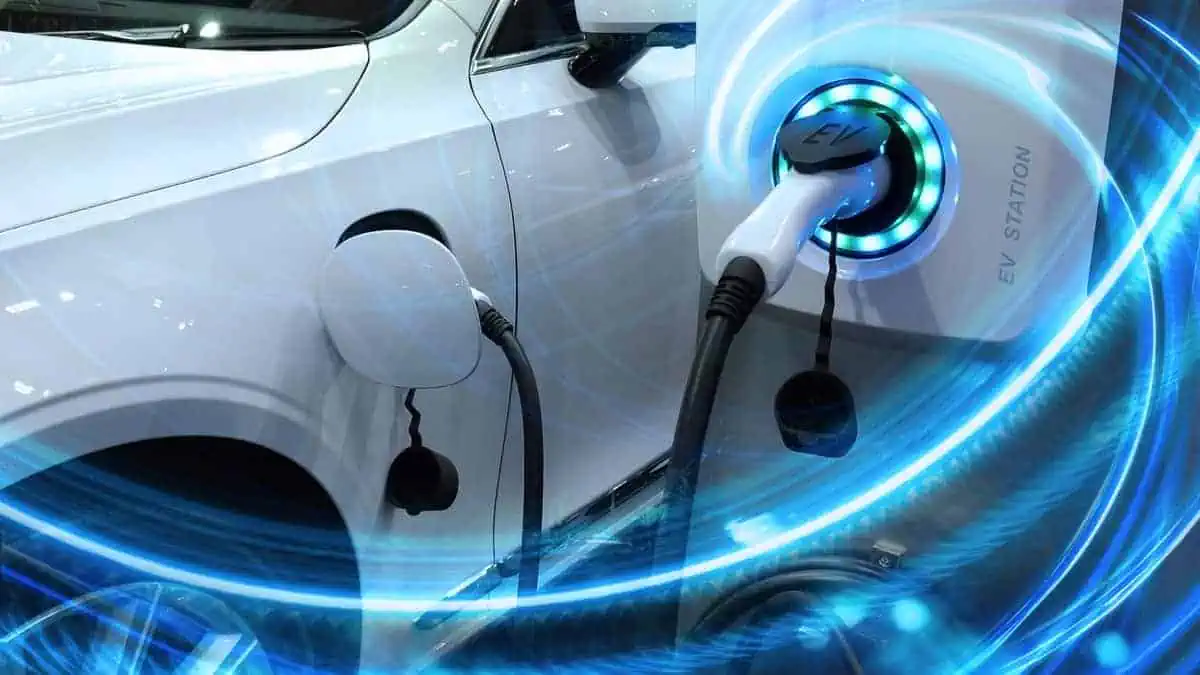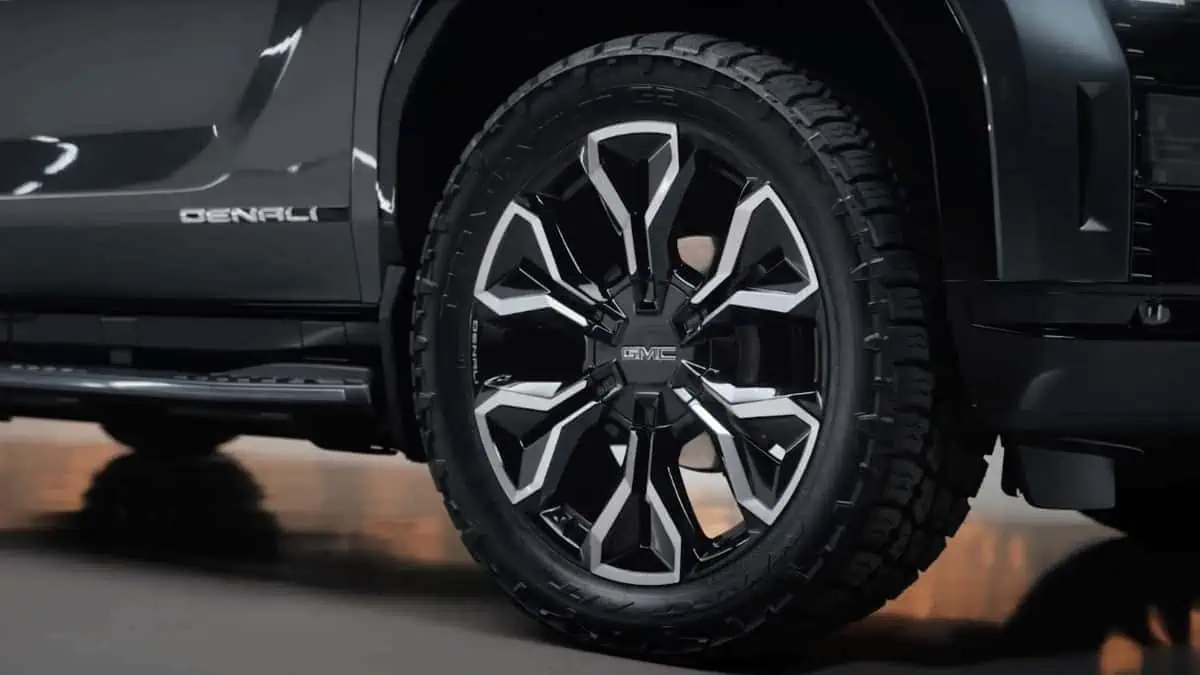The United Nations’ International Maritime Organization (IMO) plans to develop new regulations next spring to call for shipping groups to increase the safety of vessels that ship battery-electric vehicles, Financial Times reports.
Warning
A formal regulatory warning has also been released to warn the industry about the major safety risks the surging exports of li-ion battery-powered cars present.
IMO Head of Safety Heike Deggim noted that the shipping industry encountered a “huge problem” due to the increasing number of products featuring li-ion batteries in sea transport. The International Energy Agency asserted that electric models accounted for approximately 14% of all car sales last year.
“Lithium batteries have been recognised as potentially hazardous when it comes to fire risk. So we need to ensure that the regulations take into account those risks.”
IMO Head of Safety Heike Deggim told the Financial Times
In that sense, shipowners reportedly plan to intensify their fire prevention efforts and redesign car carriers. These measures will significantly aid shipowners in lowering the threat to human lives and global trade due to the high fire risks of EV batteries.
Onboard EV carriers’ fire incidents
According to The Manila Times, the surge in recent fire incidents in onboard ships transporting li-ion battery-powered vehicles prompted the haste to ensure vessels’ safety.
Allianz Global Corporate & Specialty (AGCS) reported 209 ship fires, with car carriers accounting for 13 fires in 2022. It marked a 17% increase from the previous in 2022 and the highest record in a decade.
For instance, one crew member passed away in July due to a fire incident on the Dutch Coast in the Netherlands. The ship apparently had 3,783 new cars, with BEVs accounting for 498 units.
Potential solution
Lithium-ion batteries release twice the amount of energy compared to a typical fire. Moreover, the flames resulting from electric vehicles are more difficult to put out compared to those caused by gas-powered traditional vehicles.
Sadly, shipowners were not prepared for the sudden prevalence of EVs. Their fire extinguishing systems for ships carrying cars are not designed to fight such fire.
According to the International Union of Marine Insurance, the industry must learn innovative firefighting techniques to combat “thermal runaway.”
For those unaware, it is a concept that determines overcharged batteries’ risk to immediately overheat and reignite even after it was extinguished.
“Upgrading firefighting systems, including thermal systems to detect temperature breaches within a single container, or installing smoke detectors within containers themselves rather than the cargo hold, are just a few examples of the proposals likely to be put forward in the coming months.”
Tom Hughes, head of marine in Australia for global insurer AXA XL (via Insurance Business)
Reed Smith law firm’s casualty lawyer, Richard Gunn, asserted that “Fire fighting [is] very difficult” on contemporary car carriers. Mr. Gunn further emphasized that ships have multiple decks built low to maximize vehicle capacity.
All that said, IMO Head of Safety Deggim calls for the member states to come up with “special requirements” for vessels transporting electric vehicles at the upcoming subcommittee meeting in March. The drafted proposals will be subjected to the IMO’s safety committee approval.






